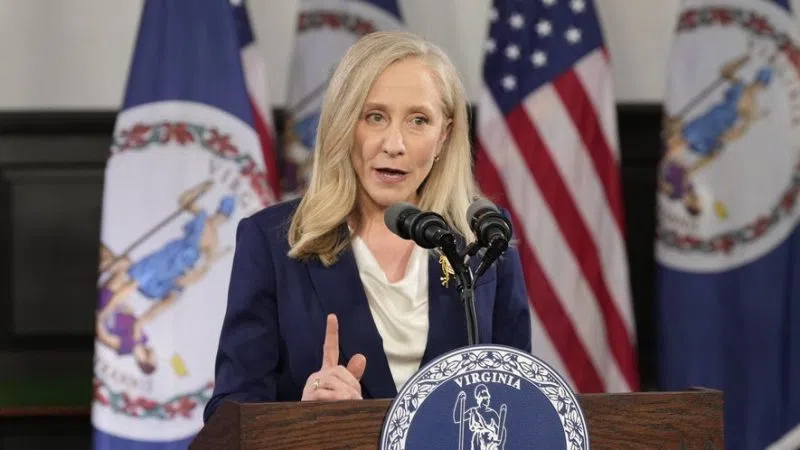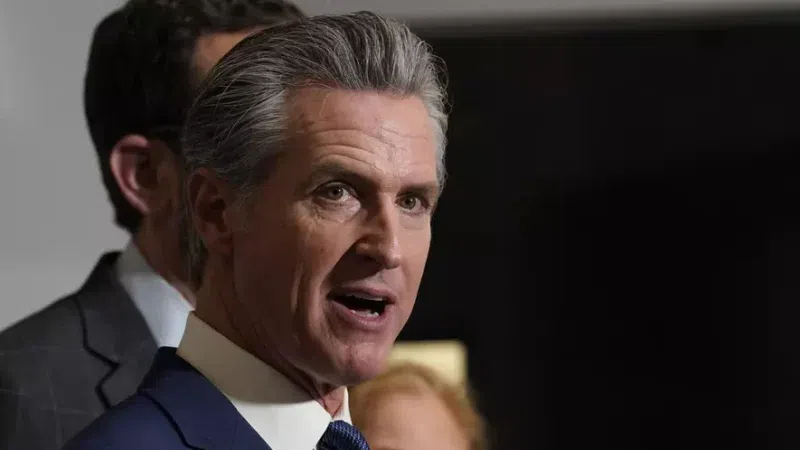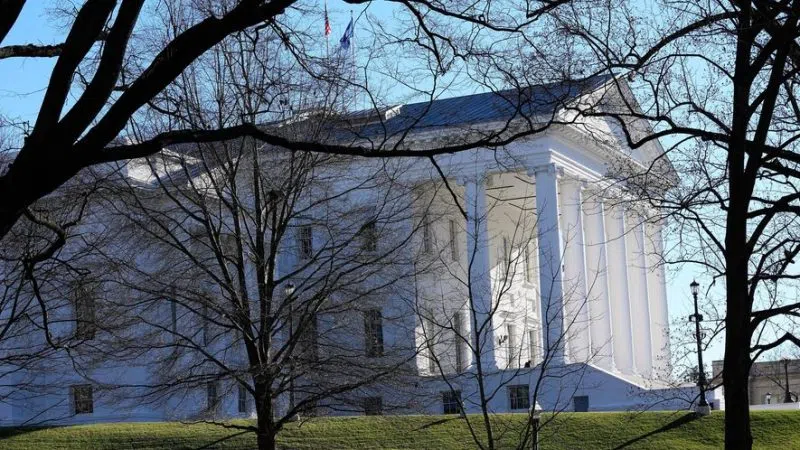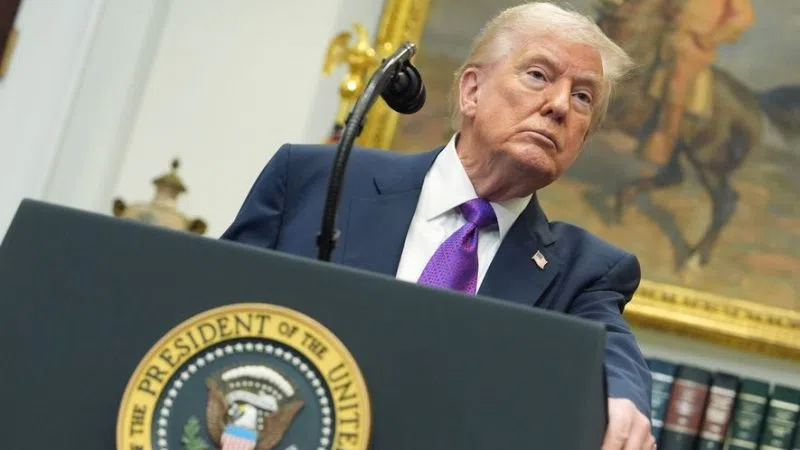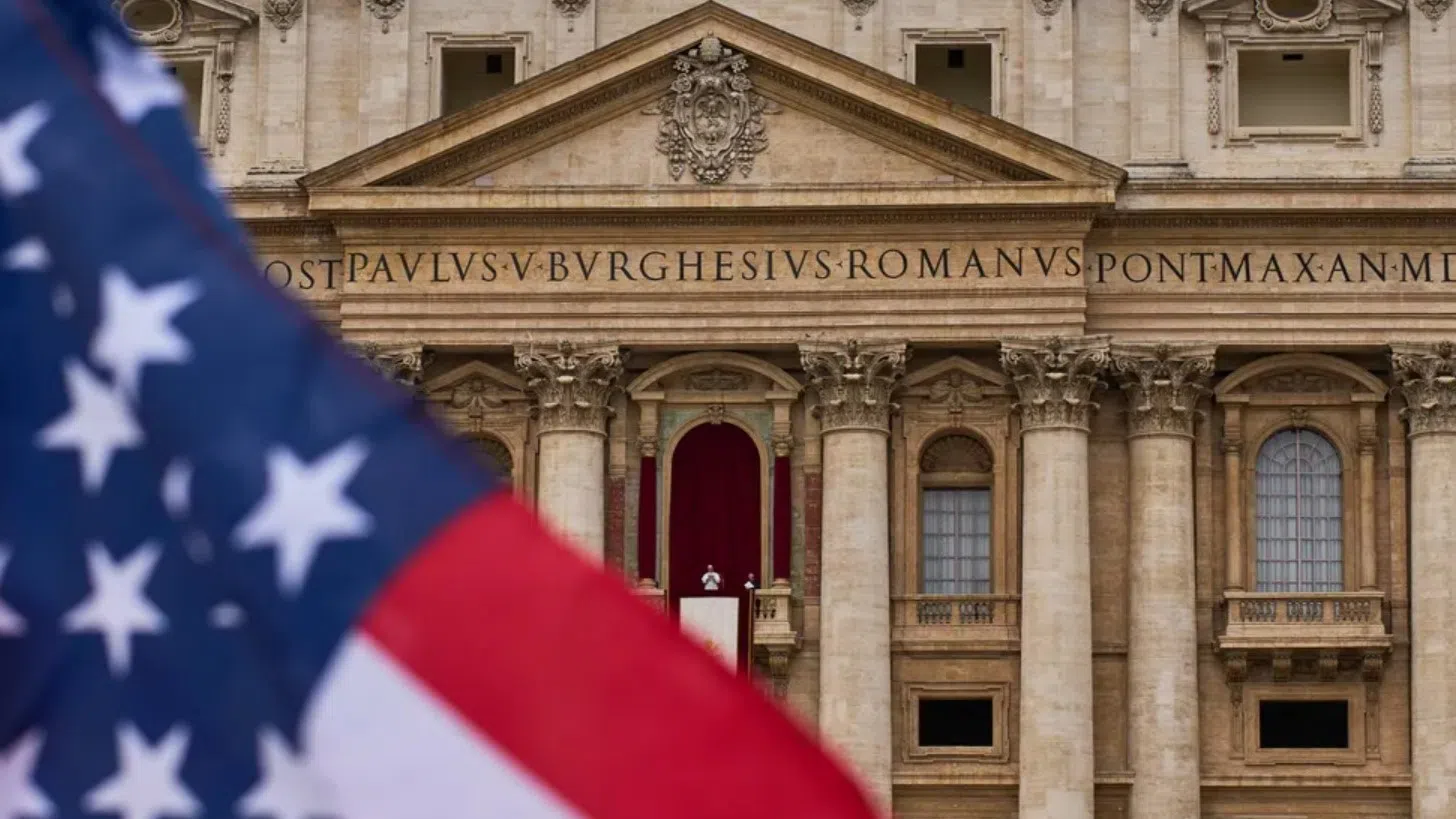
Josh Mercer & Steve Cortes | May 20, 2025
(RealClearWire) — Does Pope Leo XIV subscribe to the tenets of the economic agenda of patriotic populism?
Well, it seems so, as he officially revealed his thinking behind his papal name, telling cardinals in Rome that he chose it “mainly because Pope Leo XIII in his historic encyclical Rerum Novarum addressed the social question in the context of the first great industrial revolution.”
The Pope further explained that “the Church offers to everyone the treasury of her social teaching in response to another industrial revolution,” one that includes the promises and perils of artificial intelligence.
So, we Americans should consider the teachings of this pope’s predecessor, by moniker, Leo XIII.
Such inquiry reveals an economic model that aligns totally with the America First vision: a pro-worker populist framework, flowing from the political right.
Regarding America broadly, here are Leo XIII’s thoughts on the United States in 1895: He “esteemed and loved exceedingly the young and vigorous American nation, in which We plainly discern latent forces for the advancement alike of civilization and of Christianity.”
On the economy, his landmark 1891 encyclical, Rerum Novarum (Of New Things), reconciled and tamed the modern era of industry with Christian ethics.
Leo XIII completely rejected socialism as antithetical to Christianity. Marxist ideologies dehumanize individuals, promote atheism, and elevate the state to a place of deceptive sacredness. The Church has always opposed the seizure of private property and production, which distorts the state into a false god distributing benefits.
He also rejected raw commercialism that diminishes humans as mere cogs in a giant economic machine. Rather, Rerum Novarum explained the Catholic vision for a thriving, private-sector economy. It explained clearly that private ownership of enterprise “is not only lawful, but absolutely necessary.”
Those enterprises must then promote the common good by uplifting the inherent and profound dignity of workers. Leo XIII also insisted that laborers had a right to collectively organize and to demand just and humane working conditions.
With these papal teachings, Leo XIII reaffirmed what followers of Jesus have believed for time immemorial: A thriving society must prioritize workers to ensure the success and prosperity of families and communities – rather than just credentialed elites, the state, or multinational conglomerates.
We Catholics pay homage to the precepts of economic subsidiarity and distributism, as explained eloquently by G.K. Chesterton. A vibrant nation requires that decision-making and economic power be dispersed throughout the land. Only then can a society flourish. In comparison, efficiency studies from Harvard Business School ring hollow.
Notably, this philosophy does not slouch into the tyranny of socialism, as strict Austrian economics adherents might suggest. Instead, this authentic Christian approach to the economy elevates the necessity of private enterprise, while concurrently insisting that public policy be ordered toward the common good, rather than toward maximum efficiency that rewards a connected few.
Turning to domestic U.S. politics, voters have moved massively on pro-worker issues toward the patriotic populist movement. In fact, for three months straight now in 2025, TIPP Insights national polling for the League of American Workers has found that voters identify the GOP as the “party of workers” over the Democrats, a seismic political shift over prior eras in American politics. Working-class people, without a college degree, identify the new America First GOP as the “party of workers” by a stunning +14% margin, 47-33%.
In addition, U.S. Catholics, many of whom are working-class citizens, delivered Trump’s amazing victory last November, especially with large Catholic populations in key battleground states like Wisconsin, Michigan, and Pennsylvania. Trump earned a massive +11% margin among Catholics nationwide. This landslide among voters in the largest denomination in America powered his incredible popular vote triumph.
So, does the election of Leo XIV signal a new understanding from the Vatican regarding the economic populist nationalist movement in America and around the globe?
As an American, he clearly understands the reality of politics in the United States today. We grapple with an unhappy and restless citizenry. That anxiety has many sources, including aggressive secularization. But a large part of the justifiable anger flows from frustration with an economic model that delivers massive benefits to a small cabal of interconnected globalists, while the masses struggle to simply afford the basics of life.
For instance, young adults face economic hurdles that were unknown to their parents and grandparents. Homeownership seems impossible under the worst housing affordability ratios in U.S. history. No wonder young adults recoil from marriage and parenthood.
In addition, American workers have, for decades, faced a near-constant flow of illegal aliens, pouring into the United States to compete unjustly and unlawfully against American citizen laborers, depressing wages. On this topic, the gulf between the Vatican and the America First movement is wide. But even here, if the new Pope Leo is indeed reviving the approach of the prior Pope Leo, then he will clearly ascertain that porous borders do grave harm to workers.
So, let’s work and pray to make the Rerum Novarum world a reality.
There are valid reasons to hope that Pope Leo XIV will welcome this challenge – to create the kind of society we want. Not one obsessed simply with topline GDP, but rather an America of bountiful private enterprise where families thrive, small businesses blossom, and the common good becomes paramount.
Josh Mercer is vice president of CatholicVote. Steve Cortes is a former advisor to President Donald Trump and Vice President J.D. Vance and a former commentator on Fox News and CNN.
This article was originally published by RealClearPolitics and made available to WMAL via RealClearWire.

